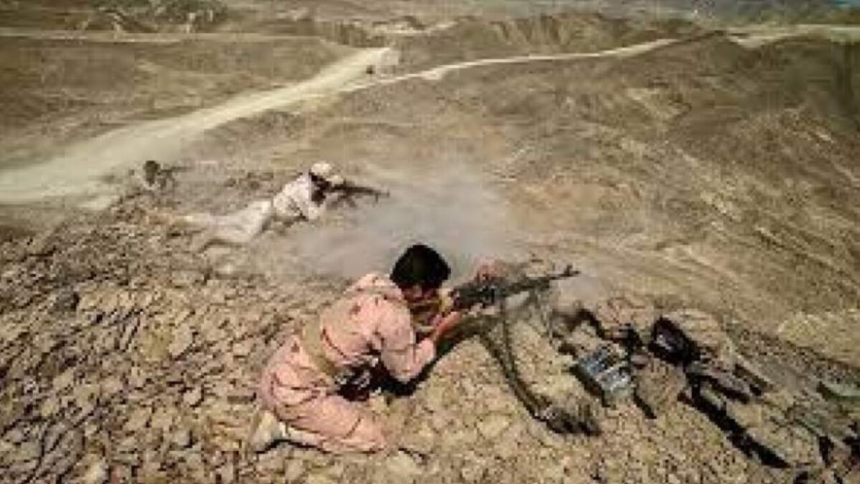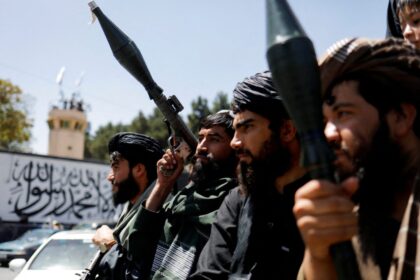RASC News Agency: In yet another grim reminder of the perilous fate awaiting Afghanistani migrants, at least six were killed and five others critically wounded after Iranian border guards opened fire on a group of civilians in the Kalgan area of Golshan district, Sistan and Baluchestan province. Rights organizations have denounced the incident as an “unprovoked act of lethal violence” that flagrantly disregards international humanitarian norms.
According to Halvash News, which documented the events of Monday, September 8, the Iranian forces unleashed heavy weapons fire without issuing any warning, targeting a group of roughly 120 migrants. Survivors recount scenes of horror: lifeless bodies left abandoned at the site, with no immediate attempt by authorities to recover the dead or assist the wounded.
In the aftermath, at least 40 other migrants were detained and transferred to a nearby border garrison. Those who managed to escape scattered into the surrounding mountains and deserts, while the injured were belatedly taken by ambulance to hospitals in Saravan. Doctors there described their condition as critical, underscoring the urgent need for advanced medical care.
Human rights advocates have condemned Iran’s pattern of deadly border enforcement. “This was not an act of security this was an act of execution,” one activist told Halvash. “To fire heavy weaponry at unarmed civilians without warning is a deliberate violation of the right to life.”
This tragedy throws into sharp relief the impossible bind faced by Afghanistani families. On one side of the border, they confront Taliban rule a system defined by repression, economic collapse, and systematic denial of basic freedoms, particularly for women and girls. On the other, neighboring states like Iran and Pakistan increasingly treat them as criminals or disposable burdens, subjecting them to arbitrary detention, mass deportations, and, in this case, extrajudicial killings.
Since the Taliban’s return to power in 2021, hundreds of thousands of Afghanistani men, women, and children have attempted to flee the country, driven by hunger, persecution, and the suffocation of their most basic rights. For many, the journey ends not in safety but in tragedy whether through deportation, exploitation, or lethal encounters at fortified borders.
International rights organizations have demanded an urgent and independent investigation into the Kalgān killings, calling on Tehran to hold its security forces accountable and to immediately halt the use of live ammunition against civilians. They have also appealed to the wider international community not only to pressure Iran but also to provide greater protection and resettlement options for Afghanistani refugees trapped in this deadly cycle of displacement.
The massacre at Kalgan is more than a border tragedy it is the direct consequence of Afghanistan being abandoned to the Taliban’s authoritarian grip, leaving its people with no choice but to risk their lives in flight, only to be met with violence at the gates of neighboring states.






